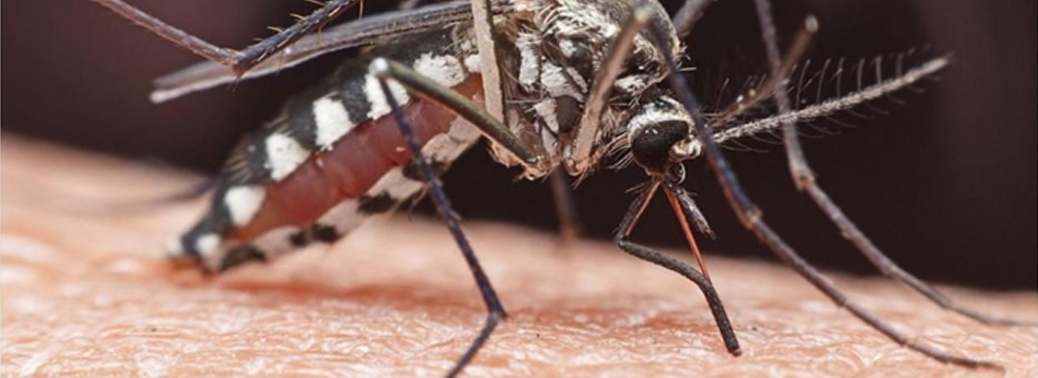NOTIFIABLE DISEASES
17, Aug 2019

Prelims level : Governance, Health & Diseases
Mains level : GS-II- Issues relating to development and management of Social Sector or Services relating to Health, Education, Human Resources.
Context:
Union Health Minister Dr Harsh Vardhan asked the Delhi government to make malaria and dengue notifiable diseases.
What is Notifiable Disease?
- A notifiable disease is any disease that is required by law to be reported to government authorities.
- The collation of information allows the authorities to monitor the disease, and provides early warning of possible outbreaks.
- The World Health Organization’s International Health Regulations, 1969 require disease reporting to the WHO in order to help with its global surveillance and advisory role.
Significance of Notifying Disease:
- Making a disease legally notifiable by doctors and health professionals allows for intervention to control the spread of highly infectious diseases.
- Registered medical practitioners need to notify such diseases in a proper form within three days, or notify verbally via phone within 24 hours depending on the urgency of the situation.
- This means every government hospital, private hospital, laboratories, and clinics will have to report cases of the disease to the government.
- The process helps the government keep track and formulate a plan for elimination and control.
- In less infectious conditions, it improves information about the burden and distribution of disease.
Other Notified Diseases:
- The Centre has notified several diseases such as cholera, diphtheria, encephalitis, leprosy, meningitis, pertussis (whooping cough), plague, tuberculosis, AIDS, hepatitis, measles, yellow fever, malaria dengue, etc.
Concern:
- The onus of notifying any disease and the implementation lies with the state government.
- Any failure to report a notifiable disease is a criminal offence and the state government can take necessary actions against defaulters.
About Malaria:
- It is a life-threatening disease caused by parasites belonging to the Plasmodium genus, which are transmitted to people through the bites of infected female Anopheles mosquitoes. The mosquito-borne blood disease is preventable and curable.
- Plasmodium parasite infects a variety of species and different types of Plasmodium genus replicate at different rates, changing how quickly the symptoms escalate, and the severity of the disease.
Causes of Malaria:
There are many factors that can cause malaria, such as:
- Bitten by a malarial vector (Anopheles stephensi)
- Use of shared and infected syringes.
- Organ transplantation.
- Transfusion.
- From an infected mother to her baby during birth.
- It is caused by the parasites –
- Plasmodium viviax (P.vivax)
- Plasmodium falciparum (P.falciparum)
- Plasmodium malariae (P.malariae)
- Plasmodium ovale (P.ovale)
Symptoms of Malaria:
Symptoms of malaria are exhibited within 7 to 18 days of being infected. Common symptoms include:
- Fever, fatigue, chills, vomiting, and headaches
- Diarrhoea, anaemia and muscle pain
- Profuse sweating and convulsions
- Bloody stools.
- In severe cases, malaria can be devastating; it can lead to seizures, coma and eventually, death.
Vaccine:
- The RTS,S vaccine is the first, and to date, the only, vaccine that has demonstrated that it could significantly reduce malaria in children.
- RTS,S is a scientific name given to this malaria vaccine candidate and represents its composition.
- It aims to trigger the immune system to defend against the first stages of malaria.
- This is when the parasite enters the human host’s bloodstream through a mosquito bite and infects liver cells.
- The vaccine is designed to prevent the parasite from infecting the liver.
- The vaccine has been developed by GSK (former GlaxoSmithKline), which is donating about 10 million doses of the product for the pilot.
- It was created in 1987 by GSK, and was subsequently developed with support from the Bill and Melinda Gates Foundation.
- In clinical trials, the vaccine was found to prevent approximately 4 in 10 malaria cases, including 3 in 10 cases of life-threatening severe malaria.







